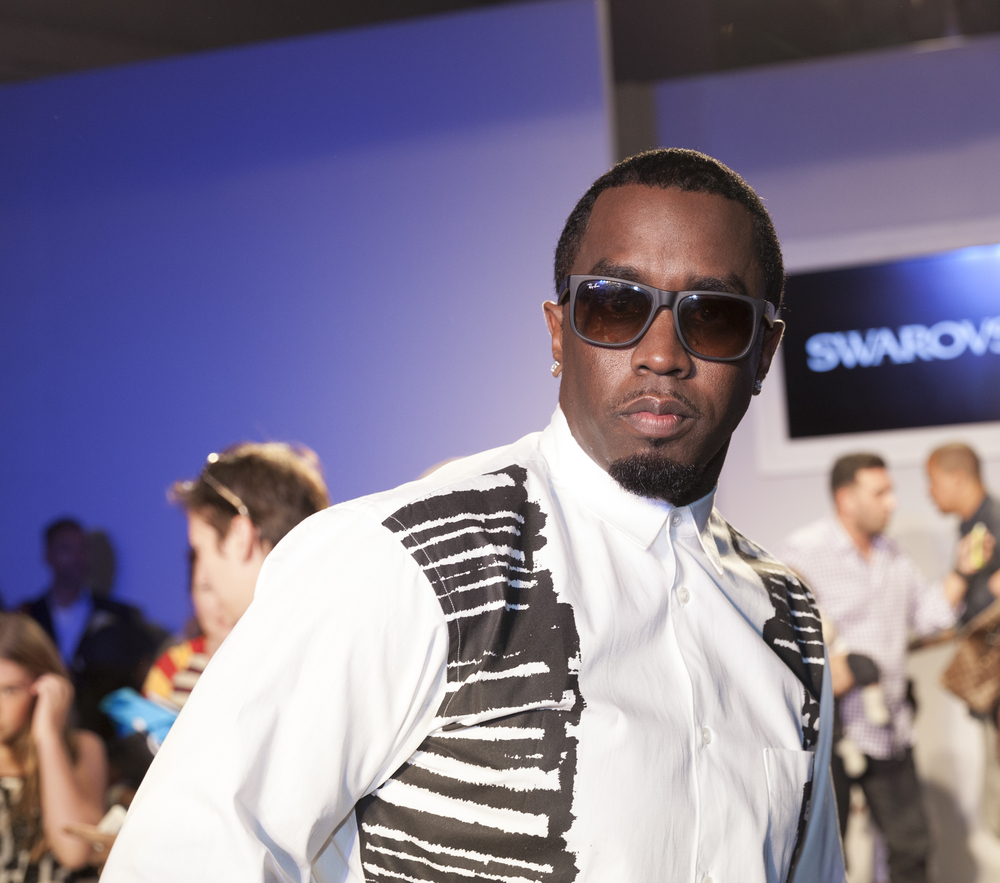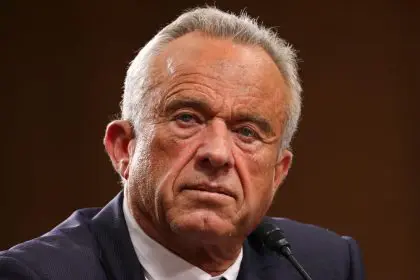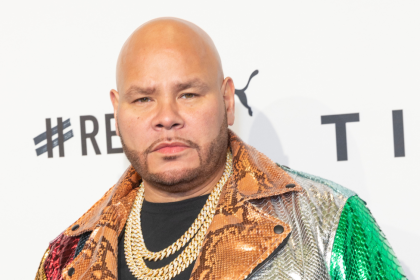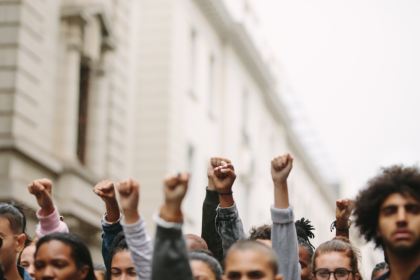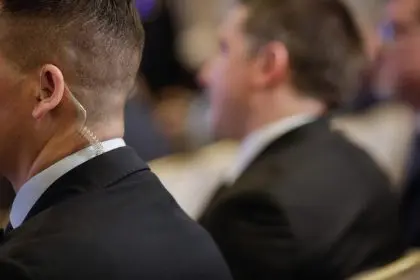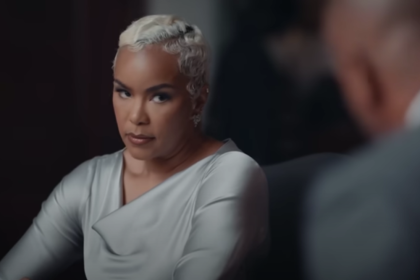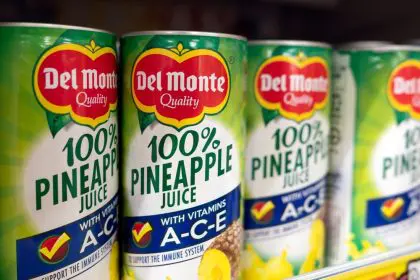Sean “Diddy” Combs received a complex verdict Thursday morning that found him guilty on two counts of transportation to engage in prostitution while acquitting him of the most serious charges including racketeering conspiracy and sex trafficking. The Manhattan federal jury’s mixed decision concluded a two-month trial that captivated public attention and exposed disturbing allegations about the hip-hop mogul’s private conduct and business operations.
Judge Arun Subramanian received the jury’s final verdict note at 9:52 a.m. ET after deliberations extended beyond initial expectations when jurors struggled to reach unanimous decisions on certain counts. The split verdict reflects the prosecution’s challenges in proving the most serious allegations while establishing clear evidence for the transportation charges that formed the foundation of their case.
Following the verdict announcement, Diddy faced the gallery and clapped, prompting supporters to applaud and cheer before marshals escorted him from the courtroom. His reaction suggested relief at avoiding conviction on the most serious charges that could have resulted in life imprisonment, though he still faces significant prison time for the guilty verdicts.
Business empire suffers irreversible damage despite partial acquittal
The trial’s conclusion marks a dramatic fall for the entertainment mogul whose business interests had already suffered devastating losses before the federal case began. Diddy stepped down as Chairman of Revolt TV in November 2023 and sold his stake by June following mounting civil lawsuits initiated by former girlfriend Cassie Ventura. His e-commerce venture Empower Global lost 18 brand partnerships in December 2023 as corporate partners distanced themselves from the escalating controversy.
Legal troubles destroyed Diddy’s billionaire status and derailed his attempted rebranding effort to adopt “Love” as his new stage name. A proposed Hulu reality series was cancelled, Howard University revoked his honorary degree, and he returned his New York City key just months after receiving the honor. The release of 2016 hotel surveillance footage showing him physically assaulting Ventura created lasting damage to his public image that transcends any legal verdict.
Even his longtime partnership with liquor brand Diageo crumbled as company lawyers declared that mounting lawsuits made it impossible for Diddy to continue serving as the face of any commercial enterprise. The corporate exodus demonstrates how reputational damage in high-profile cases often exceeds legal consequences, particularly for celebrity brands built on personal image and lifestyle marketing.
Prosecution struggles to prove organized crime allegations
Assistant United States Attorney Maurene Comey built the government’s case around testimony from Ventura and another former girlfriend identified as Jane, arguing that Diddy coerced both women into participating in elaborate sexual performances called “freak-offs” or “hotel nights” that could last up to 30 hours. The prosecution contended these events involved interstate transportation for illegal sexual activities and represented systematic criminal enterprise operations.
However, the government’s strategy of centering the case on two former romantic partners may have undermined their racketeering and trafficking arguments. Defense attorney Marc Agnifilo successfully portrayed the relationships as toxic but consensual, arguing that both women benefited financially from their associations with Diddy while participating willingly in his lifestyle choices.
The prosecution’s failure to identify additional co-conspirators or victims beyond the two key witnesses appears to have weakened their argument for organized criminal conspiracy. While evidence clearly supported the transportation charges involving both women, establishing the broader criminal enterprise required under federal racketeering statutes proved more challenging for government attorneys.
Legal consequences and uncertain future prospects
Diddy faces up to 20 years in prison for the two prostitution-related convictions, though actual sentencing will depend on various factors including criminal history and cooperation with authorities. Judge Subramanian denied the defense request for $1 million bail, citing Diddy’s demonstrated disregard for law and propensity for violence that make him unsuitable for pretrial release.
A remote sentencing hearing scheduled for Tuesday will address timeline and procedural issues, with defense attorneys seeking expedited proceedings while prosecutors request comprehensive pre-sentence investigations given the case complexity. The mixed verdict creates unusual circumstances where Diddy avoided the most serious charges while still facing substantial incarceration for federal felony convictions.
Dozens of civil lawsuits remain pending against Diddy, ensuring continued legal battles regardless of criminal case outcomes. The combination of partial criminal conviction and ongoing civil litigation suggests his legal troubles will persist for years, making any potential career comeback extremely challenging despite his historical resilience to controversy and strategic rebranding abilities.

